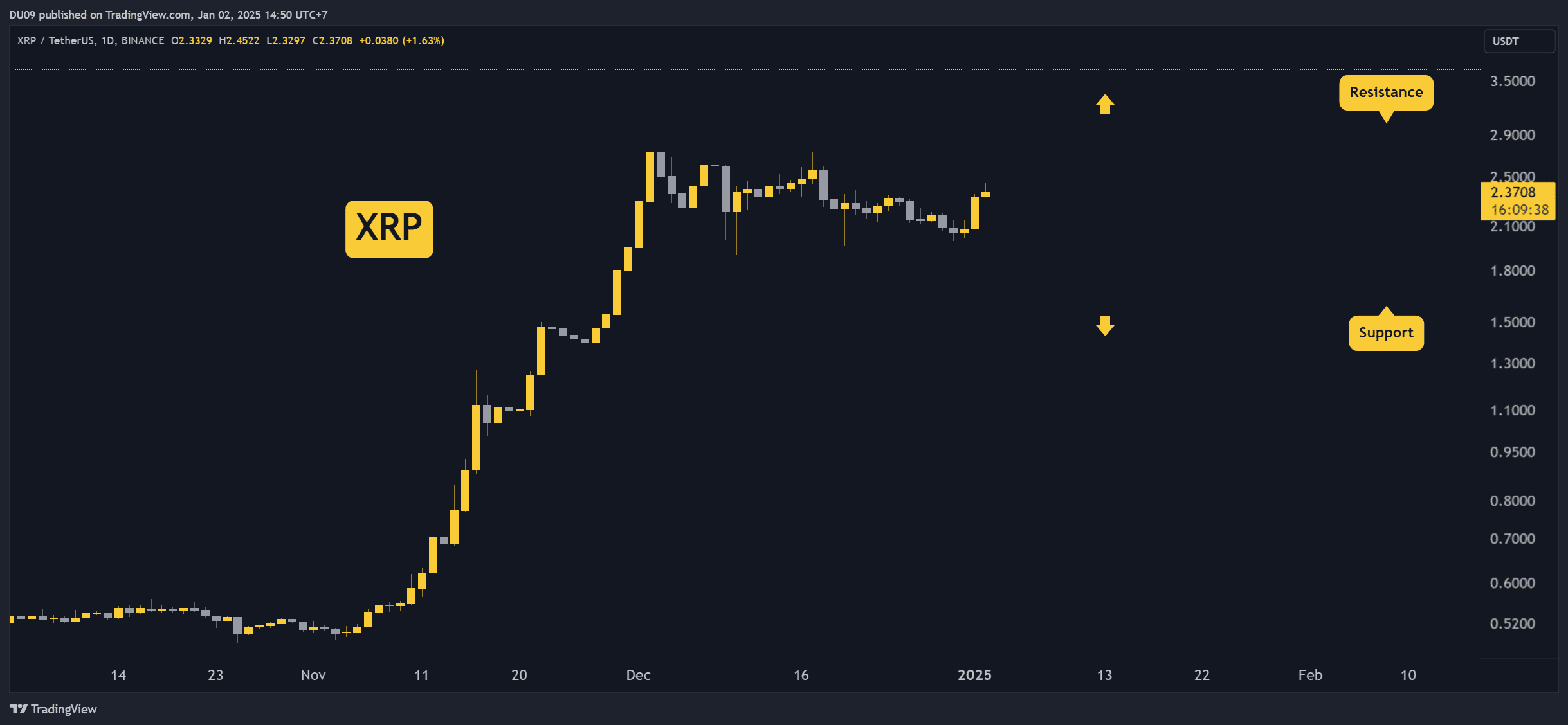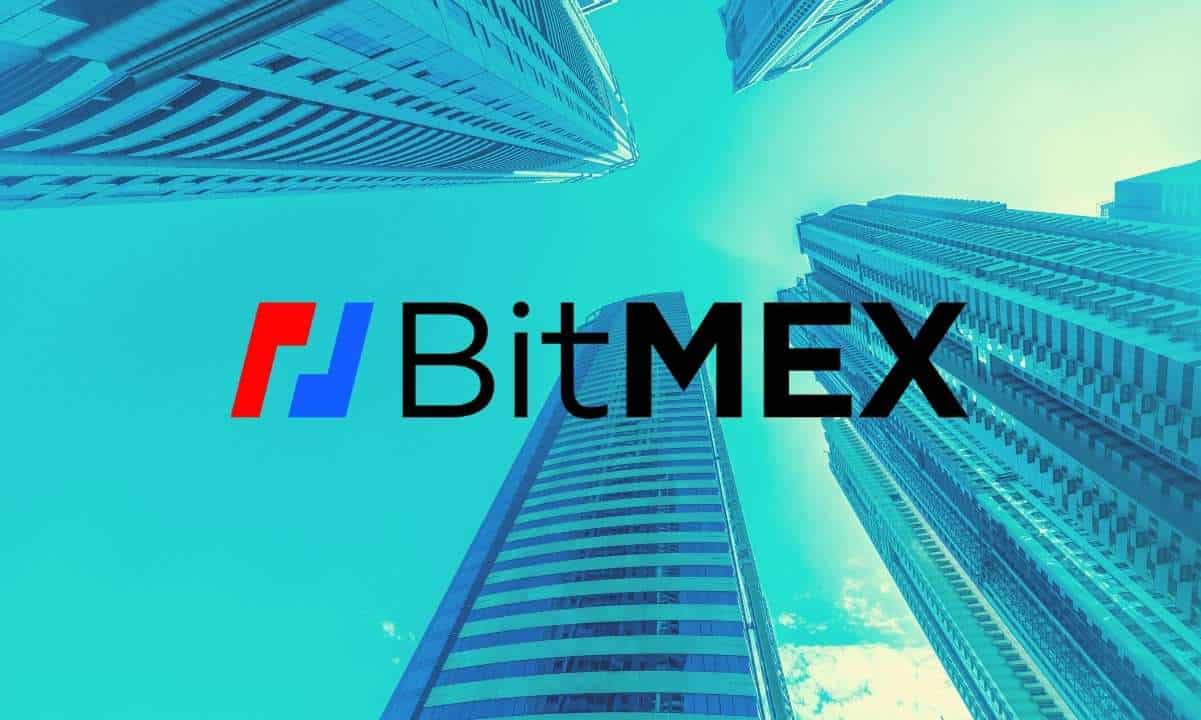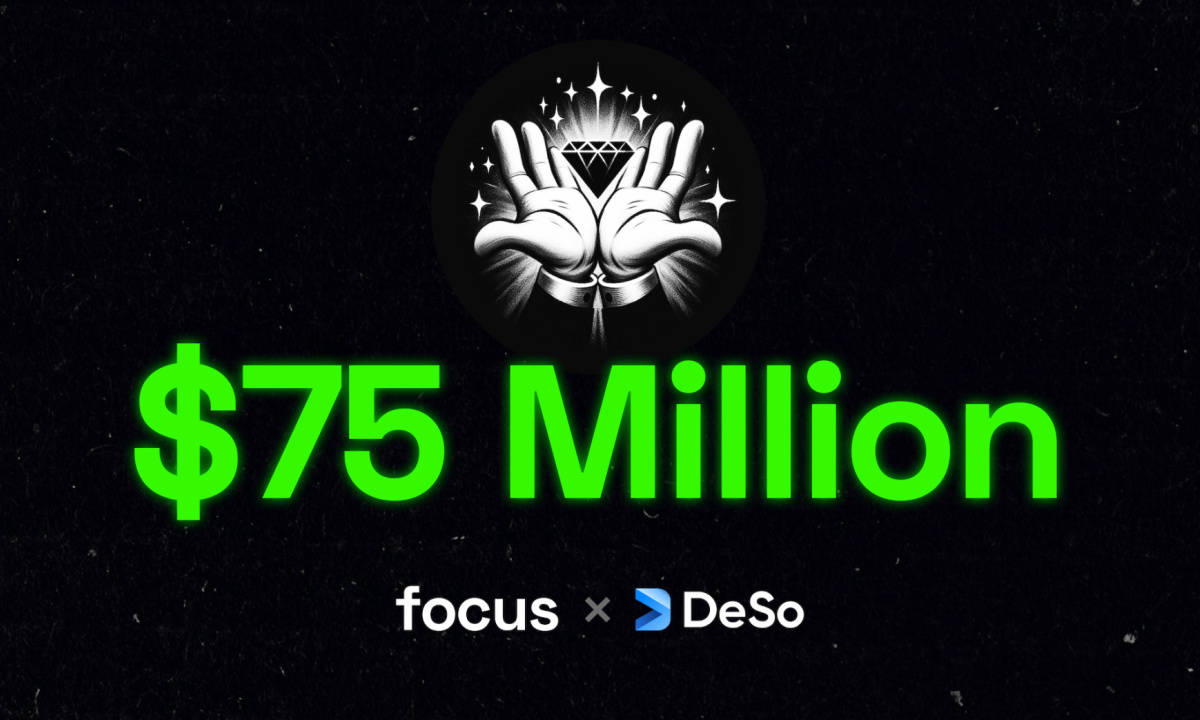VanEck: FTX Crash Not Important for a Bitcoin ETF (Exclusive)
The past couple of weeks has shaken the cryptocurrency industry to its core. FTX filed for bankruptcy after a massive liquidity crunch and an inability to honor their customers’ withdrawal requests.
With all eyes in that direction, CryptoPotato had the chance to talk to Matthew Sigel – the Head of Digital Asset Research at VanEck, during Token2049 in London.
In this interview, we talk about the impact of the FTX fallout on the prospects of a Bitcoin ETF, how VanEck managed to minimize damage, as well as the realistic odds of getting an ETF backed by physical BTC under the current SEC management.

FTX Fiasco Not Important for a Bitcoin ETF
For the unaware, VanEck is a family-owned business in traditional asset management. Sigel said that they are a “top 10 ETF sponsor with approximately $60 billion in assets under management” and that a large majority of their funds are in passive ETFs like the gold miner ETF – GDX.
It’s because of their large gold exposure that the company’s CEO – Jan van Eck – is “very attuned to Bitcoin’s potential disruption.”
In 2017, we were among the first to file for a physically-backed Bitcoin ETF. And while that application has been repeatedly denied, we have spent time, resources, and manpower to invest across the space from a private perspective, from our own balance sheet.
We have relationships with a number of early-stage venture capital firms, we own a stake in one of them, and we’ve been investing privately for several years.
Commenting on the current situation involving FTX’s meltdown and the way it would impact the prospects of a Bitcoin ETF, Sigel was positive that it doesn’t matter.
For a Bitcoin ETF specifically, I don’t think the events of the past couple of days (read: FTX troubles) matter. I think Bitcoin is unique, even in the eyes of lawmakers.
But there’s still a catch.
No Bitcoin ETF Under Current SEC Management
While on that subject, we also discussed the odds of getting an SEC-approved physically-backed Bitcoin ETF.
Unfortunately, Sigel believes that they are very slim under the current management of the Securities and Exchange Commission. When asked if he thinks we’re getting closer, he said:
No. There’s a very clear obstacle at the top of the SEC, and there’s a President who has so far shown confidence in that SEC Chairman. As long as he (read: Gary Gensler), the chances of a physically-backed Bitcoin ETF are zero.
Additionally, he reaffirmed that to get there, regulators need to step up, and so far, lawmaking in the field of crypto has been slow.
VanEck Minimized FTT Exposure Ahead of FTX Crash
In some of VanEck’s most actively-managed strategies, the company has a very active risk-management process.
The expert said that they can “hold quite a lot of cash if macro and market conditions warrant it.”
Commenting on the ongoing fiasco with FTX and the collapsing price of the FTT token, which used to be one of the leading cryptocurrencies by means of total market capitalization, Sigel said that VanEck was able to minimize exposure by selling in advance.
There was a lead-up to this event, and we were able to minimize a good portion of the token-specific damage by exiting some positions.
Talking about their actively-managed strategies, he explained that there is a variety of them based on the different levels of risk and return, giving an example with one called “the smart contract leader index,” which consists of layer ones, and Ethereum is generally about 30% of it, and their strategy looks to meet or beat the performance of the index.
In conclusion, he shared three key takeaways from the entire fiasco, namely:
- Higher emphasis on self-custody at the margin.
- Clear delineation between exchanges and their market makers.
- Proof-of-reserves for centralized exchanges.
The post VanEck: FTX Crash Not Important for a Bitcoin ETF (Exclusive) appeared first on CryptoPotato.









